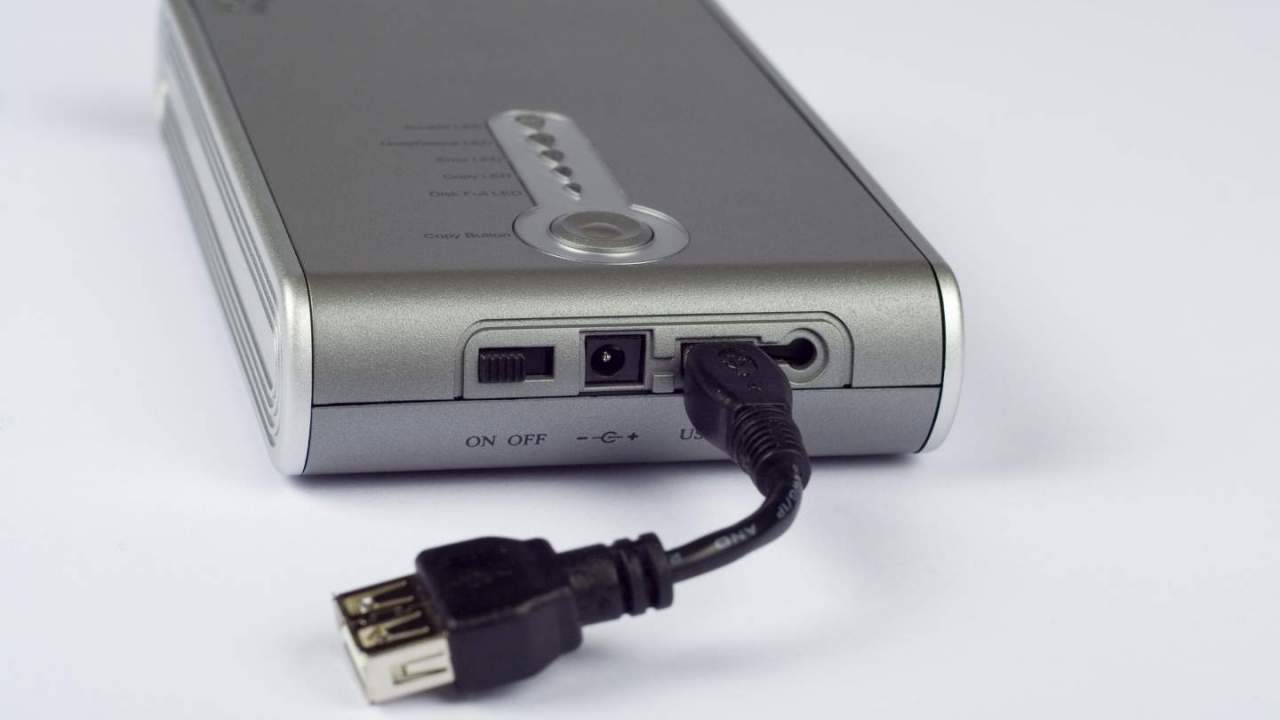Apple’s computers are available with a generous quantum of hard drive space, from 256 GB all the way to 8 TB on high- end models. While that may be plenitude of space for utmost druggies, videotape editing, vitality, development, and virtual machines are just a many effects that can make indeed 8 TB feel confined. In those situations, an external hard can give fresh space at a bit of the cost of internal storehouse.
In addition to diurnal use, external hard drives also give an excellent way to back up a computer. While numerous calculate on iCloud, Dropbox, or some other online service, a original backup can give a more secure option. Using an external hard drive for a original backup can also be briskly, since backing up and restoring isn’t dependent on the speed of your internet connection.
Utmost new hard motorists, still, come formatted for Windows, not macOS. While the Mac can use a hard drive formatted for Windows, some features may be limited. As a result, it’s a good idea to format a new hard drive specifically for macOS.
How to Format a Hard Drive
Fortunately, formatting an external hard drive on macOS is veritably easy using erected-in software. Before starting, make sure your external hard drive is plugged in and powered on.
Press the Command key and Spacebar, type “ Disk Utility” in the hunt field, and press Enter to open it.
Once Disk Utility is open, elect your external hard drive from the list of drives in the left pane of the operation, also elect “ Abolish” in the toolbar at the top.
In the popup window, enter a name for the hard drive. This is what will show up on your desktop when you plug the hard drive in.
Elect the “ Format” popup menu and elect the filesystem you want to use when formatting thedrive.However, and are running macOS 10, If you only plan on using the hard drive with your Mac.13 or latterly, the stylish option is “ APFS” — as long as the external hard drive is anSSD.However, or you’ll be using the drive with a interpretation of macOS that’s aged than 10, If it’s a mechanical hard drive.13, you’re better off choosing “ Mac OS Extended (Journaled),” according to Apple. Again, if you plan on using the hard drive with both macOS and Windows, you should choose “ MS- DOS ( FAT).”


